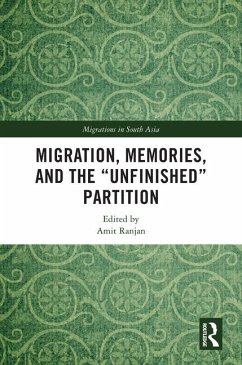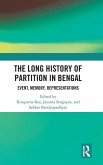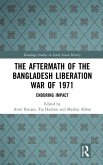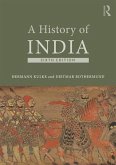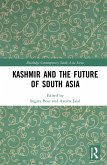This book looks at migration through the lens of the Partition of India in 1947. The Partition uprooted millions of people from their homelands. This volume examines the initial difficulties faced by the refugees in settling down in their adopted land. It analyses the state's efforts in facilitating the movement of refugees, the processes it initiated to resettle them after Partition, and the extent to which it was successful. This book also investigates the links between socio-political developments in contemporary India, Pakistan, and Bangladesh as a result of the Partition.
Drawing on archival sources, oral histories and literary representations, the contributing authors discuss and analyse the experiences of the migrated population. Part of the Migrations in South Asia series, this book will be an important read for scholars and researchers of migration studies, refugee studies, Partition studies, Indian history, Indian politics, and South Asian studies.
Drawing on archival sources, oral histories and literary representations, the contributing authors discuss and analyse the experiences of the migrated population. Part of the Migrations in South Asia series, this book will be an important read for scholars and researchers of migration studies, refugee studies, Partition studies, Indian history, Indian politics, and South Asian studies.

